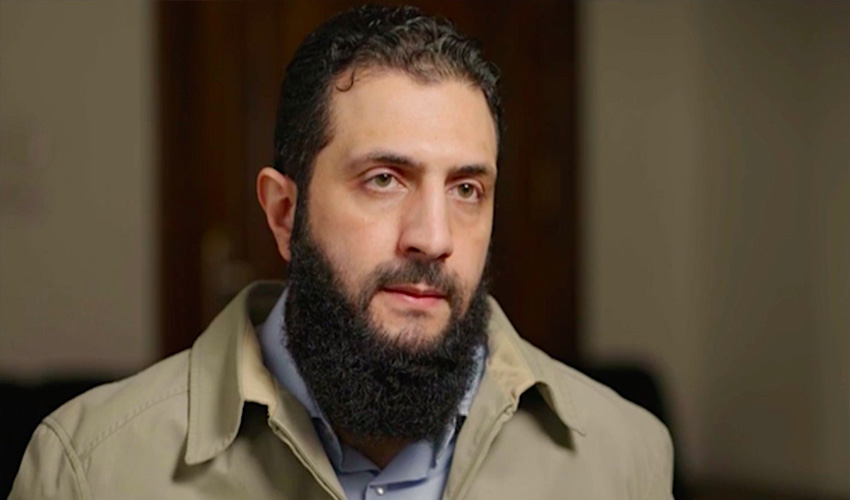US Removes Bounty on HTS Leader Julani Following Talks in Damascus
DAMASCUS: In a significant shift in U.S. foreign policy, the United States has decided to withdraw its $10 million reward for the capture of Ahmed al-Sharaa, Syria’s newly appointed leader, following high-level diplomatic talks in Damascus. The decision was announced by Barbara Leaf, U.S. Assistant Secretary of State for Near Eastern Affairs, after her meeting with al-Sharaa, also known as Abu Mohammed al-Julani, the leader of the Hayat Tahrir al-Sham (HTS) group.
The talks, which marked the first high-level discussions in Syria since the ouster of President Bashar al-Assad earlier this month, were hailed as “positive” and demonstrated a shift in Washington’s approach to Syria under its new leadership. Leaf described the talks as constructive, noting that al-Sharaa had provided assurances regarding Syria’s commitment to preventing terrorist threats.
“Based on our discussion, I informed him that we would no longer pursue the Rewards for Justice program’s offer that has been in place for several years,” Leaf told reporters.
Read More: Israeli Tanks advance near Damascus as IDF strikes over 300 sites in Syria
The U.S. has long considered HTS a terrorist group, particularly due to its connections with al-Qaeda, and the reward had been part of a broader U.S. policy to target extremist organizations in Syria. However, the withdrawal of the reward reflects a recalibration of U.S. strategy, as the U.S. emphasizes the need for a political transition that includes all of Syria’s ethnic and religious communities.
Leaf reiterated the importance of an “inclusive” political process in Syria, stressing the need for a government that represents all factions of the country. While the decision to lift the reward does not equate to full normalization of ties with HTS, it signals a readiness for dialogue with the new Syrian leadership, provided they demonstrate a commitment to regional stability.
The talks also included discussions on the plight of missing Americans, such as journalist Austin Tice, who disappeared near Damascus in 2012. HTS has reportedly expressed willingness to assist in locating Tice and other missing persons.
While the diplomatic shift is noteworthy, the U.S. military remains focused on counterterrorism efforts in Syria. U.S. Central Command (CENTCOM) confirmed an airstrike in Deir ez-Zor on Friday that killed an ISIL leader, Abu Yusif, underscoring the ongoing U.S. commitment to combatting terrorist threats in the region. The U.S. has also increased its military presence in Syria, with approximately 2,000 troops now deployed in the country, double the previously disclosed number.
The U.S. military’s continued efforts to dismantle ISIL operations, even after the group’s territorial defeat in 2017, highlight the ongoing complexities of Syria’s post-Assad future. While Washington remains cautious in its dealings with HTS, the latest developments indicate a potential shift toward engagement, provided the group remains committed to counterterrorism and regional security.





Comments are closed, but trackbacks and pingbacks are open.